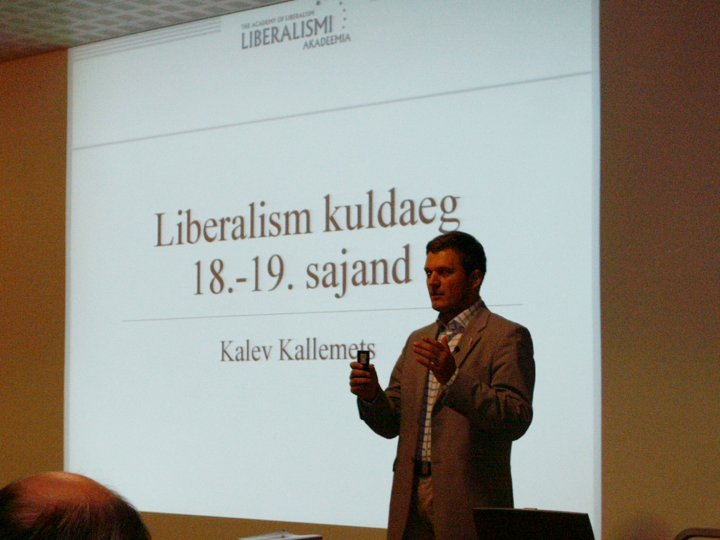Francis Fukuyama is well known for his “the end of history” hypothesis. His latest book The Origins of Political Order indeed counters his aforementioned book from 1992. In the work, published in 2011 and said to be the first of two volumes, Fukuyama discusses formation of political order in early human history through clan conflicts and tribal wars in Mesopotamia and China. Western Eurocentric education makes it even difficult to recognize that many centuries before Solon established democracy in Athens, there was a strong and modern state in China that had replaced tribal or feudalistic connections with meritocratic bureaucracy. China also has its own accountability that does not require elections by peasants, merchants and warlords. Instead it still operates based on Confucian morals, according to which the ruler has to serve its people. Indeed, if one closely studies even recent China, this ethic of “serving the people” is less rhetorical than in many Western democracies.
Fukuyama formulates “the three components of a modern political order”, which are – according to the book – a strong and capable state, rule of law to which the state is subordinate, and accountability of the government to its citizens. These require explanation. A strong and capable state constantly runs the risk of corruption in a wider sense – family, tribal or some other organizational principles becoming stronger than unifying factors. In that sense, Russia, ruled today by Putin & FSB, is not a capable state, but a state corrupted by ex-governmental allegiance. Also, Russia clearly does not possess any rule of law; clearly, the law is just an instrument of government. Fukuyama, however, defines it as a set of rules that a body societies sense of justice and is higher than the will of the government. Thus, the government and rulers themselves have to abide by the rule of law.
The classic Whig and, in modern terms, American interpretation of history is seen as progress towards rule of law and democracy. The naive democratic agenda of bringing democracy to the world became attached to it. It is safe to say that experiments connected with it in Iraq, Libya, Egypt, Afganistan have become truly messy, bloody and without tangible benefit so far. Fukyama’s book gives plenty of argumentation that democracy is not the heavenly panacea for all the evils of men, and that a suitable and stable political order has to be found through Hayekian spontaneous process. Maybe China will never be a democracy, but does it follow that the Chinese are determined to slavery and that China is the archenemy of the West?
The author’s analysis ends with an “outline of a theory of political development and political decay” that includes the biological basis of social organization, the role of ideas, the evolutionary mechanism of political development, and the institutional bases of modern states. The strongest factor is the biological attachment to family and kin relationships that every child brought up in a family gets as their basic social instinct. A more modern interpretation of it is national feelings. Based on this understanding, the hope for global cosmopolitanism, or even European federation, becomes truly unrealistic.
Fukuyama describes several historical situations where inertia of institutions and the inability of a particular political system to reform lead to major upheavals, known either as revolutions or civil wars. Fukuyama testifies that the [American] democratic system is currently witnessing its own inability to reform to a financially and socially sustainable path. However, this problem is not unique to the US, albeit in the US it has its own unique challenges. Also in other Western democracies, like the EU and Japan, government finances and the whole welfare state are clearly unsustainable, but instead of a serious reform, politicians keep increasing debt and delivering minor reforms.
The second volume of Fukyama’s book will deal with the last two centuries and hopefully continue to provide non-trivial analysis of political order.



